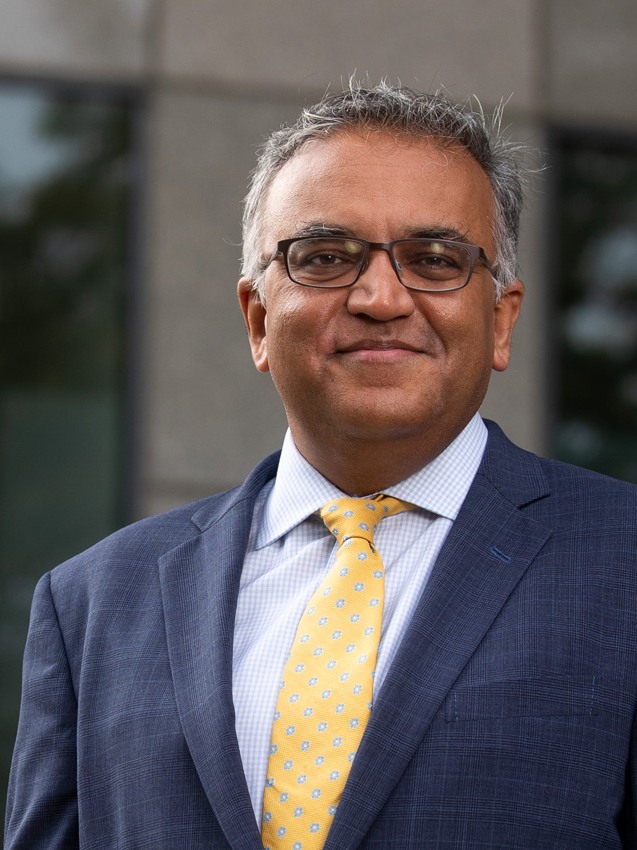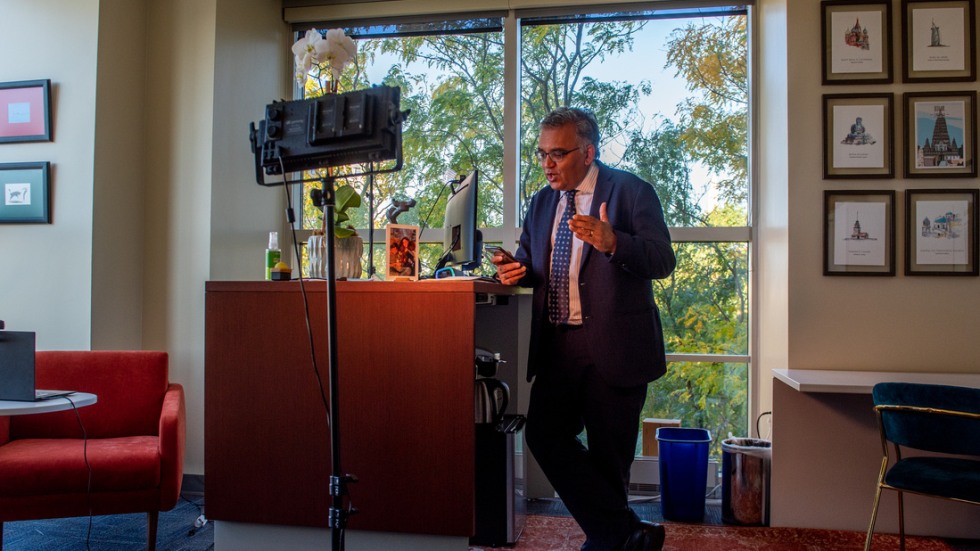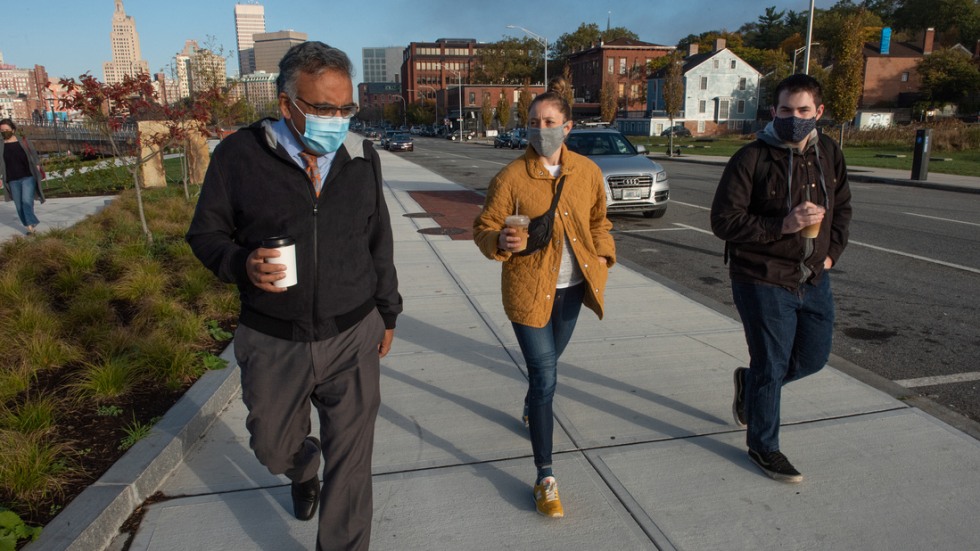The evidence indicates we could suppress this epidemic with widespread mask-wearing, but misinformation has made people resist masks and other simple and effective interventions. You have sought to counter misinformation in both your public appearances and in work you have spearheaded. What do you see as the greatest challenges to and greatest opportunities for overcoming misinformation going forward?
It feels like misinformation may be the biggest public health challenge of our times—more so than even pandemics per se, because it makes pandemics harder to fight. It makes climate change harder to combat. It makes almost every public health challenge more difficult. The military refers to climate change as a “threat multiplier,” and that’s how I refer to misinformation—it makes everything else much, much harder.
It’s not a simple thing. It’s not just a bunch of people who get swayed by bad information. It’s often very concerted and thoughtfully created. Because it plays to narratives that people have, it strikes me that we need a both scientific and a humanist approach to counter misinformation. We need to understand both the science and the psychology and the sociology that drive it, the humanistic aspects of why people feel drawn to it. Because unless we can counter misinformation effectively, we’re always going to be hamstrung in our ability to respond to public health threats.
You have been both a critic of and an advocate for the World Health Organization (WHO). What advice would you give Dr. Tedros, and how should our global health infrastructure look different a year from now?
I would say for the next six to 12 months, WHO should more or less keep doing what it’s doing, which is helping countries respond effectively, coordinating international response on things like the vaccine and trying to play a constructive role in national responses on the pandemic around the world, and being a clearing house for data and analysis.
The WHO has traditionally had very strong relationships with national ministries of health—Ministers of Health ultimately choose the WHO Secretary General. But health comes partly from what ministries of health do, but also from what ministries of commerce do, what the private sector does, and the political economy of the nation. So I think WHO has to rethink its devotion to ministers of health only and ask how it can engage a much broader swath of society.
A committee assembled by the National Academies of Science and Medicine recently unanimously called for US engagement with COVAX, the international vaccine facility. You’ve worked with CEPI (the Coalition for Epidemic Preparedness Innovations) and Gavi (the vaccine alliance). How do you support US engagement with these new elements of the global health infrastructure?
I like the multifocal global health architecture, the fact that there are these different entities. Yes, at times it creates certain redundancies and inefficiencies, but some redundancies are useful. If one agency is less effective, others can step in. The WHO has got into trouble because it has tried to be all things.
The way that you engage the American people and American politicians is by convincing them that they are better off engaging in these multilateral offers. It makes America stronger; it makes America’s allies stronger. It builds up our soft power, and it’s good for the world. Those stories need to be told more effectively to build up the political will for America to play an active role in these kinds of activities.
You tweeted recently that your youngest kid mocked you as “boring” for always saying the same things on TV. “Fair,” you said. Are you going to be saying the same thing in one/six months?
I will continue to say the most important things that I think people need to hear. I used to talk all the time about washing hands. I talk about that less now, both because I think it is a little less important, and my sense is that people have gotten that message. But I think as long as the most important things are not being done adequately enough by enough people, yeah, I’m going to keep repeating myself.
The point is to keep what we need to do to bring this pandemic under control on the forefront of people’s minds. My hope is six months from now I won’t need to say these same things, because there will be widespread mask-wearing and we won’t have large indoor gatherings and testing will be better. And then I can focus on whatever else needs to be focused on at that moment. But ultimately, I’m going to be driven by where we are—what’s important, where’s the evidence. And if it’s boring, it’s boring.
It must get frustrating. How do you remain levelheaded and keep coolly delivering the same message day in and day out?
It can be a challenge at times. I think all of us at times want to rip our hair out, because it seems that there are people who continue to ignore these lessons. But I think it’s worth remembering that there are people who are still learning. They’re getting a lot of misinformation. They’re often confused. I hope that hearing guidance from a calm voice, with clarity, is helpful.


